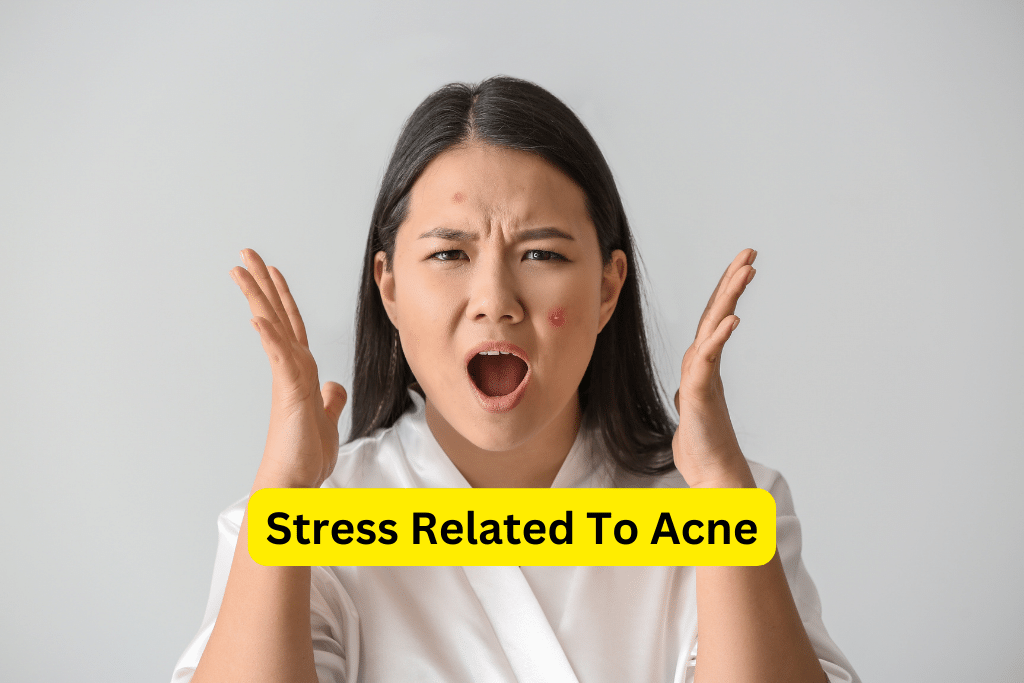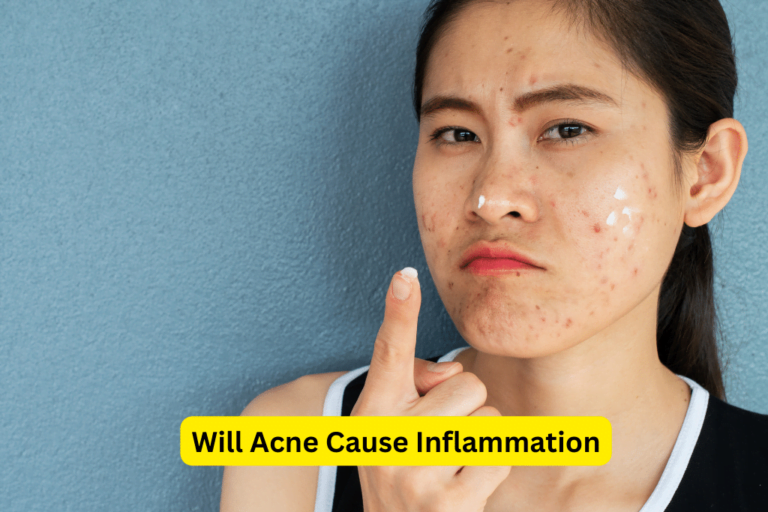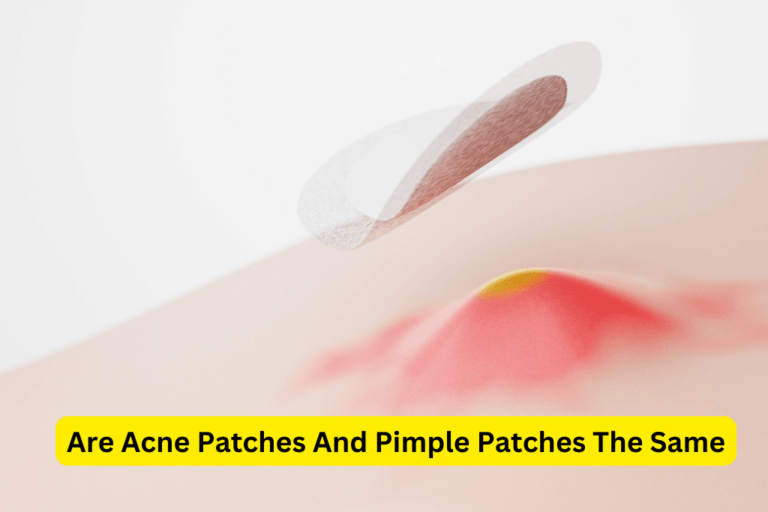Clearing the Connection: How to Manage Stress Related to Acne
Stress Related To Acne
Acne is a common skin condition that affects millions of people worldwide. It not only causes physical discomfort but can also have emotional and psychological effects on those who experience it. While there are various factors that contribute to the development of acne, one often overlooked factor is stress. This comprehensive guide aims to shed light on the link between stress and acne, and provide effective strategies for managing stress to achieve clearer skin.
Stress-related acne refers to acne breakouts that are directly influenced or aggravated by stress. Although the exact mechanisms behind this connection are still being studied, emerging research suggests that stress can have a significant impact on hormonal balance, sebum production, and inflammatory responses in the body – all of which play a role in the development of acne.
Moreover, stress doesn’t just affect our skin; it has a profound impact on our overall health and well-being. Chronic stress can weaken the immune system, disrupt sleep patterns, and lead to unhealthy coping mechanisms that further exacerbate acne symptoms. By understanding the science behind stress and acne, we can take proactive steps to manage stress and improve our skin health.
The Science Behind Stress and Acne
Understanding the role of hormones in acne development
Hormonal imbalances are one of the primary culprits behind acne formation. When stress levels rise, the body releases various hormones, including cortisol, adrenaline, and androgens. These hormones can stimulate the sebaceous glands to produce more sebum, the oily substance that lubricates the skin. Excess sebum, when combined with dead skin cells and bacteria, can clog pores and lead to the formation of acne lesions.
Influence of stress on sebum production
Stress directly affects sebum production by altering hormone levels. Research has shown that stress can increase sebum production, contributing to the development of acne. Additionally, stress can also affect the composition of sebum, making it stickier and more likely to clog pores, further exacerbating acne symptoms.
Inflammatory response and stress
Stress has been found to trigger inflammatory responses in the body, which can exacerbate existing acne flare-ups and prolong the healing process. Chronic stress can lead to increased levels of inflammation, promoting the production of inflammatory cytokines that contribute to the formation of acne lesions.
How Stress Aggravates Existing Acne
Increased skin sensitivity
Stress can make the skin more sensitive and reactive to external factors, exacerbating acne symptoms. High-stress levels can compromise the skin’s natural barrier function, making it more susceptible to irritants and bacteria. This can lead to increased inflammation and breakouts.
Compromised immune system
The relationship between stress and the immune system is complex. Prolonged stress can weaken the immune system, making it less effective in fighting off bacteria and inflammation. A compromised immune system can worsen acne symptoms and delay the healing process.
Habitual behaviors and stress-induced acne
Stress can also lead to detrimental behaviors that worsen acne symptoms. Many individuals under stress may engage in skin-picking or squeezing acne lesions, further damaging the skin and prolonging the healing process. Emotional responses to stress, such as increased anxiety or depression, can also contribute to the worsening of acne symptoms.
Effective Strategies to Manage Stress for Clearer Skin
Stress awareness and self-care practices
The first step in managing stress-related acne is to become aware of stress triggers and implement stress-reducing activities. This may include identifying sources of stress, practicing relaxation techniques, and engaging in activities that promote overall well-being.
Adequate sleep, regular exercise, and a healthy diet are crucial components of stress management and skin health. Lack of sleep and unhealthy eating habits can trigger stress and hormonal imbalances, leading to further acne breakouts.
Mind-body techniques for stress reduction
Mind-body techniques such as meditation, deep breathing exercises, and mindfulness can help alleviate stress. These practices have been shown to reduce cortisol levels, promote a sense of calm, and improve overall well-being. Incorporating activities like yoga and relaxation exercises into your routine can also contribute to stress reduction and clearer skin.
Seeking professional support
If stress becomes overwhelming, seeking professional support can be invaluable. Therapies such as cognitive-behavioral therapy (CBT) and counseling can provide tools and strategies for managing stress effectively. Additionally, consulting with dermatologists can help address specific acne concerns and explore suitable treatments.
Lifestyle Changes to Reduce Stress-Related Acne
Balancing work and personal life
Creating a balance between work and personal life is crucial to managing stress. Time management, prioritization, and setting boundaries are essential for reducing stress levels and achieving clearer skin. Taking regular breaks, engaging in hobbies, and spending time with loved ones can help create a more fulfilling and stress-free lifestyle.
Stress reduction techniques for daily life
Incorporating stress-reducing activities into your daily routine can make a significant difference in managing stress-related acne. Whether it’s taking a walk in nature, practicing relaxation exercises, or engaging in creative activities, find what works best for you and make it a priority.
Building and nurturing positive relationships, engaging in social connections, and participating in hobbies can also help reduce stress levels. These activities provide a sense of fulfillment, distraction from stressors, and emotional support.
Holistic approaches to stress management
Exploring alternative therapies such as acupuncture or aromatherapy can complement traditional stress management techniques. These holistic approaches can promote relaxation, reduce anxiety, and improve overall well-being. Regular exercise and adequate hydration also contribute to stress reduction and support your body’s natural ability to manage acne symptoms.
Products and Treatments for Acne and Stress Relief
Skincare products and ingredients for stress-related acne
When it comes to managing stress-related acne, choosing suitable skincare products is paramount. Look for ingredients like salicylic acid, benzoyl peroxide, and niacinamide, which can effectively target inflammation and acne-causing bacteria. Be mindful of your skin type and any sensitivities to ensure you select products that will not further irritate your skin.
Stress-relieving treatments
Aside from skincare products, various facial treatments, massages, and stress reduction therapies can help alleviate stress and improve skin health. These treatments not only provide physical relaxation but also promote emotional well-being. Incorporating aromatherapy and relaxation techniques into your self-care routine can also contribute to stress relief and better skin health.
Conclusion
Understanding the link between stress and acne is crucial for effectively managing both. By implementing stress-reducing strategies and adopting a comprehensive approach to self-care, we can improve our skin health and overall well-being. Remember, managing stress for clearer skin is a journey that requires consistency and patience, but the results are well worth it. Take charge of your stress levels, prioritize self-care, and see the positive impact on your skin.









